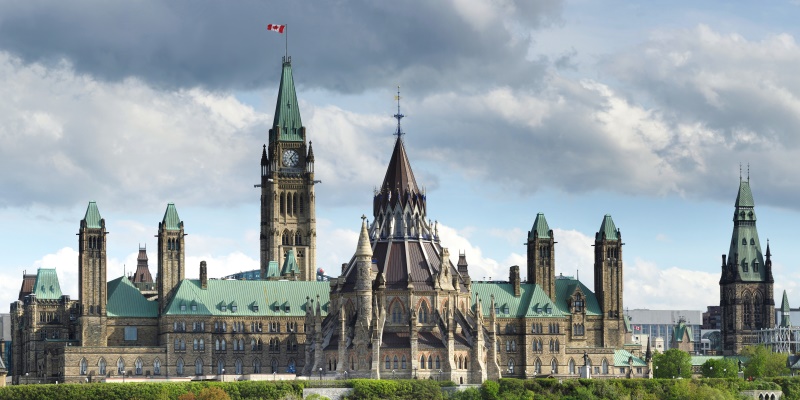Canada’s federal parties should respect provincial jurisdiction

Canada’s system of decentralized federalism has served the country well. Our constitutional division of power delegates responsibilities to the level of government best positioned to address particular areas of public policy. While it may not be perfect, it works fairly well—when that division of powers is respected. Unfortunately, as the federal government prepares to table its next budget on Thursday, the role of the federal government seems poised to grow at the expense of the provincial governments.
Generally speaking, the Constitution delegates matters of national interest to Ottawa. For instance, national defence. It would make little sense for every province to have its own military. It’s far more efficient to have a single military for the country. By contrast, having a national system governing local public transportation would likely be disastrous. National politicians aren’t as well placed to make purely local decisions as local politicians. There may be exceptions where the incentives faced by local politicians get in the way of good policy (for instance, housing) but broadly speaking, it’s better to delegate issues that aren’t of national interest to lower levels of government. Our Constitution broadly does so.
However, despite the formal division of power, Canadian federal parties have a habit of finding ways to intervene in provincial jurisdiction. The highest profile example is health care where the federal government is able to enforce the Canada Health Act by threatening to withhold the Canada Health Transfer, thus limiting the ability of provincial governments to experiment in program delivery and design and hindering their ability to incorporate best practices from other countries with universal health-care systems.
Unfortunately, all three major national political parties in Canada are at this moment focusing on policy areas outside of federal responsibility. The highest profile example is the confidence-and-supply agreement between the Liberal government and the NDP. Two of the signature items in the agreement are moving towards national pharmacare and dental programs. Neither of these are areas that fall within federal responsibility. There are ways that Ottawa could use its funding strings to implement these policies, as we have seen with health care, but it’s not clear why the federal government should intervene. These are provincial responsibilities, and in the case of pharmacare, many provincial governments already have their own programs.
This isn’t just an issue with the Liberals and NDP. The federal Conservative Party is rightly making a lot of noise about housing prices in Canada’s major cities. Much of the problem stems from local land-use policies. Indeed, the Ford government in Ontario commissioned a report that gave it a number of concrete steps to catalyze a much-needed boom in housing production, which is greatly hindered by local political red tape and zoning regulations. This is a case where the provincial government is better placed than municipal governments to take action, since city councilors are more responsive to local homeowners than to prospective homeowners. Alas, they don’t appear ready to undertake the most important reforms—most notably, the recommendation to allow up to four units on a plot of land “as-of-right.” While the federal Conservative Party is right to be concerned about housing prices, provincial governments (particularly Ontario’s) are best placed to address housing prices, and conservative parties control most provincial legislatures. Conservative politicians concerned about housing prices should focus more on advancing those priorities through provincial legislatures, not Parliament.
While it’s understandable that politicians have concerns that don’t fall within their own purviews, there’s a reason why we have more than one level of government. Our constitutional division of powers may not be perfect but it recognizes that different levels of government are better placed to undertake different functions. This budget season and beyond, politicians should be mindful of the proper role of the federal government.

